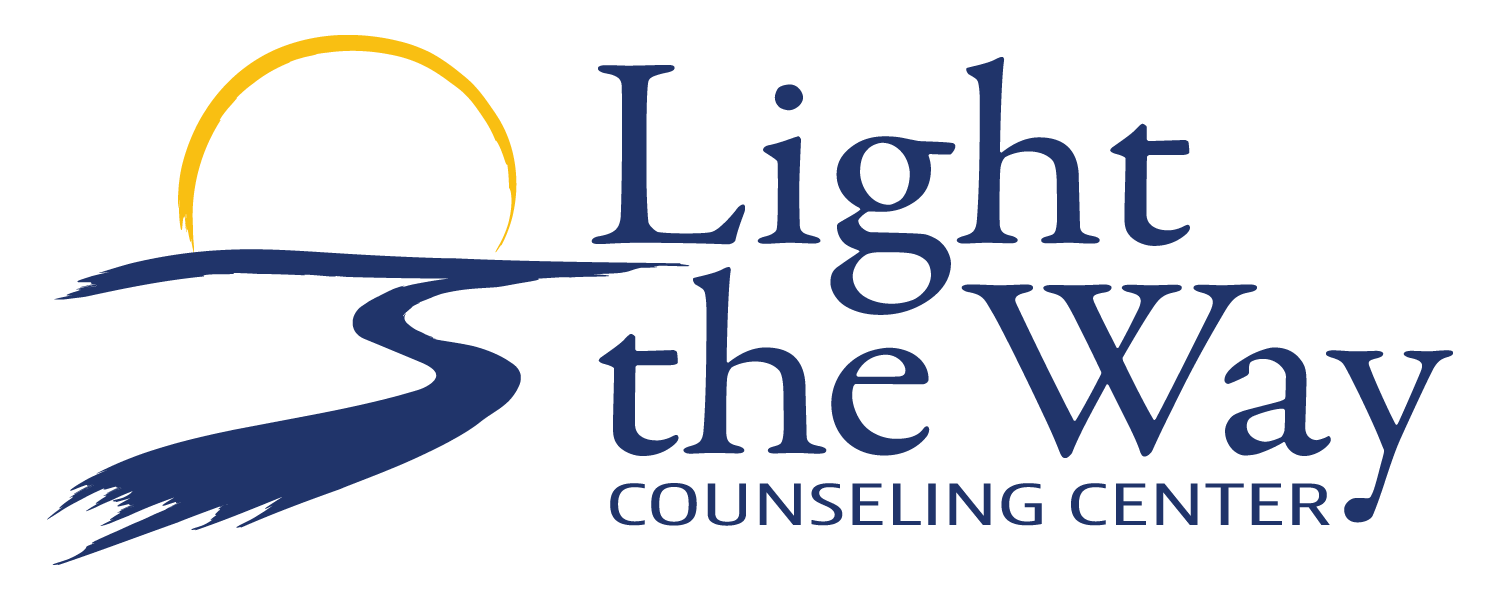Stop Making This Big Mistake When You Feel Strong Emotions…and Do This Instead.
Strong emotions are difficult to manage.
Unfortunately, in these moments, it’s easy to lose control and hurt our connections with others.
This happens in more subtle ways than you may think.
Take this scenario for instance:
A wife is at home and her husband comes through the back door. He comes up behind her and lovingly puts his arms around her and gives her a kiss on her neck. She screams, pushes him away and is upset. She says, “you scared me, how could you do that to me!?” He’s confused and snaps back at her. He says, “you make me feel like a stranger!”
Both were triggered by the other. Both blamed the other for how they felt. Without realizing it they acted like helpless victims in the face of strong emotions.
Later we will look at a different version of this story. For now, let’s see how we react when we feel strong emotions.
We may not realize what is happening in the moment of feeling strong emotions. We often say statements such as, “you make me so angry,” or “you make me feel invisible.” It can be any number of feelings. Fill in the blank, “You make me ________.”
In blaming others for how we feel we are telling them we are helpless, and they hold the power. We give them power over us. We then are not free to choose or do anything to help ourselves because we are not in control. Until that the other person changes, we are powerless. They are in control.
The definition of responsibility is to take ownership of what is ours. Our emotions are ours. Therefore, we have responsibility, or ownership, of our emotions. No one else is responsible for ours and we are not responsible for theirs. It is a big responsibility but also powerful when we take responsibility.
By handing control to another we stop being in control of ourselves. We develop a victim mindset and at the mercy of another. We feel helpless. We can’t change unless they do. We can’t feel better unless they “stop making me feel ______.”
It doesn’t have to be this way.
We can choose how we react to another person. We do have control and power over ourselves.
When you think about it, others are not in control of your emotions. Others are not responsible for your emotions, you are.
There are situations where it is normal to feel strong emotions. Anger, fear, hurt are all normal reactions. Other people’s actions and words do affect us. It’s our responsibility to recognize what we feel and own our feelings. Saying “I am angry” or “I feel invisible” is much more empowering and puts us in control of ourselves. It provides us with better leverage to handle the situation and resolve conflicts.
What happens when we own our emotions?
Owning our emotions is powerful in helping our emotional and relational health. Here’s what happens when we do:
When we take responsibility for our emotions we are empowered and in control.
Knowing we are in control of ourselves gives us the opportunity, and responsibility, to do something about how we feel. We can choose to say something, leave or change how we feel.
We no longer feel like a victim or have a victim mindset. This is empowering! Saying, “I feel ____” is more powerful and freeing than saying, “You made me feel ________.”
We can look deeper within ourselves and why we feel a certain way or have a reaction to certain words or actions.
Let’s look at the situation between the husband and wife again. If, when the husband came home and his wife reacted said, “I was scared. I didn’t hear you come in.” She can think why this incident scared her so much. After some thought she realizes when he came up behind her it took her back to an unpleasant childhood memory.
If the husband responded instead by saying, “I’m confused. What happened?” they would calm down sooner and be able to discuss what occurred.
Notice how the mood and tone changes between the two when they own their own emotions.
By taking responsibility for our feelings, we can see how we are triggered from painful events of our past.
When we recognize where a reaction comes from (the past) we can choose to have healing from those events.
Our emotions are valid. They are important. But when we blame others, we short circuit possibilities for improved relationships and deeper connections.
Taking responsibility of our emotions empowers us and gives us control over our lives. Recognizing this responsibility frees us to discover more about ourselves and heal from old wounds by seeing where our triggers come from. We see choices we can make in relationships and frees us to express ourselves. This builds our confidence. If we were victims in the past, we can now break the chains and are free. Relationships deepen and healthy communication occurs.
Written by Cindy Picht, LPC, CEO
About Cindy:
Cindy is director and co-founder of Light the Way Counseling. She is a Certified Clinical Trauma Professional and a Certified Clinical Anxiety Treatment Professional. She combines her skills with compassion and encouragement to help people find hope and healing.


